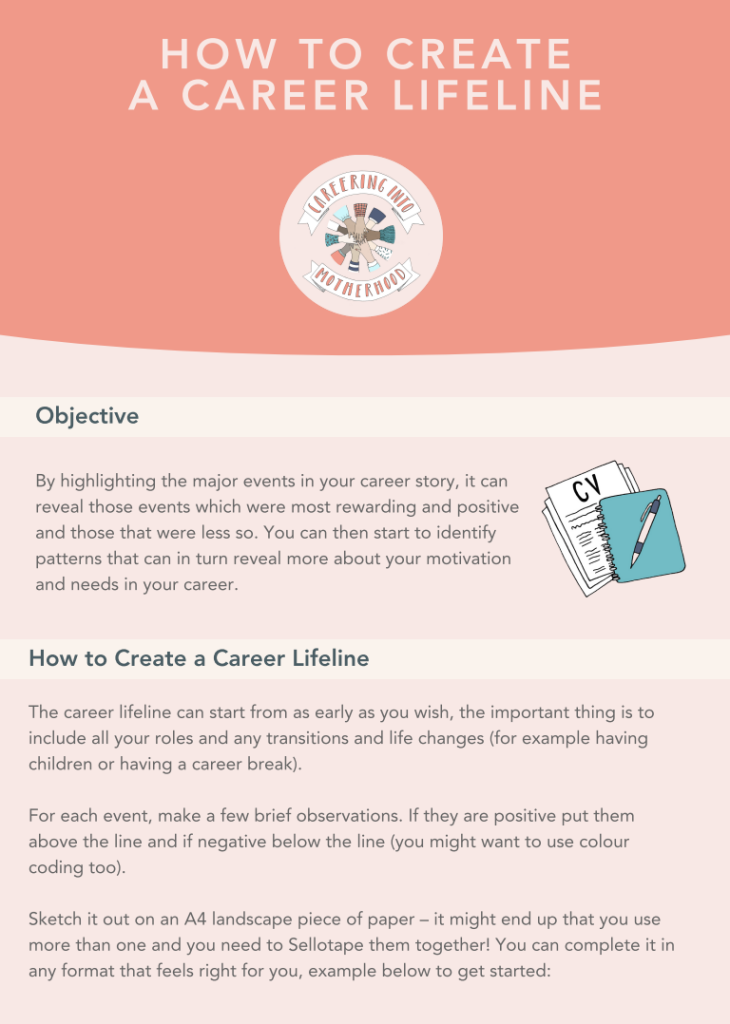You almost certainly have heard the well repeated phrase “Do what you love, and you will never do a day of work in your life”. Whilst the central message is one of following your passion, which of course I applaud wholeheartedly, it doesn’t address the tricky challenge of how.
To help you overcome this challenge, I have compiled some ways you can start to explore what you are passionate about, what matters to you, and how to move forward with it. It can take a bit of time, but I promise you, the result will be a step closer to where you want to be.
1) Open your mind
This seems so simple, but is actually the hardest step to take, and possibly the reason you have stalled in previous attempts.
Start by shifting the narrative away from the negative and adopt the perspective that you can do what you love with your life, and that you do have the capacity to make these changes.
A powerful way to do this is to seek out people in your life that demonstrate this is possible. Who do you know that is passionate about their job? Then think more broadly, how can I connect with others who are inspired by what they do?
2) What makes you happy?
Once you have set your mind to finding your passion, we need some practical ways to bring to the surface what makes you happy.
One useful concept is that of ‘Peak Experiences’. Take some time to do a mental scan of your career/ life to date. What are the two, or even three, absolute highlight moments for you? Take a few moments to consider all the elements of each experience that made it so brilliant.
Have a look back over your notes – is it every element about the experience that was brilliant, or are there specific bits that light you up? Discard the bits that don’t.
3) Look for the themes
You now have a list of elements that bring you joy, flow and fulfilment. It’s time to join the dots. Are there any clear themes and patterns? Look a bit more closely to see if there are some other connections beneath the surface that weren’t obvious at first glance.
Now think more broadly about how these elements could transfer into your next career move.
Can you harness these within your existing career? Can you retrain to work towards something new? Are your existing skills transferable into a new career that satisfies these elements? Are you thinking of starting a new business and working for yourself?
If you would like a deeper dive into this to look at these peak experiences in the context of your wider career, and to see where these themes and patterns show up, have a go at my How To Create A Career Lifeline worksheet.
4) Be brave
The last step is about challenging yourself beyond your comfort zone. The biggest reason you may not have taken positive action already is because it is hard to step out of the security of what you know and what feels comfortable.
If it feels difficult to get started, ask yourself how you will feel in 12 months if nothing has changed. Does this give you the motivation to do something?
It doesn’t need to be huge; it can be a very small change or step forward. Don’t forget tiny steps accumulate to create much bigger shifts. Think of it as expanding your comfort zone, rather than stepping out of it completely.
This article was written by Jane McKenna, career and life coach. Jane set up Brilliant Me Coaching to support women wanting to reshape their work/ life and find their story.
April 24, 2022


